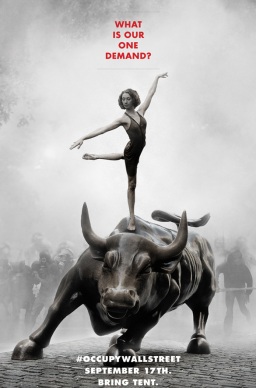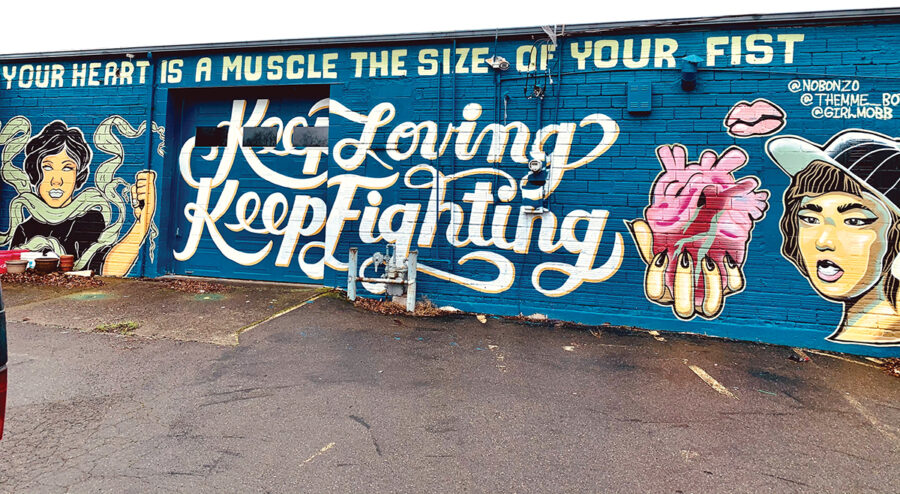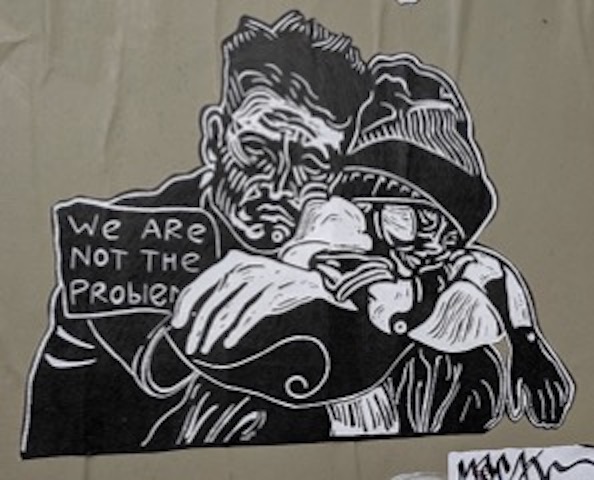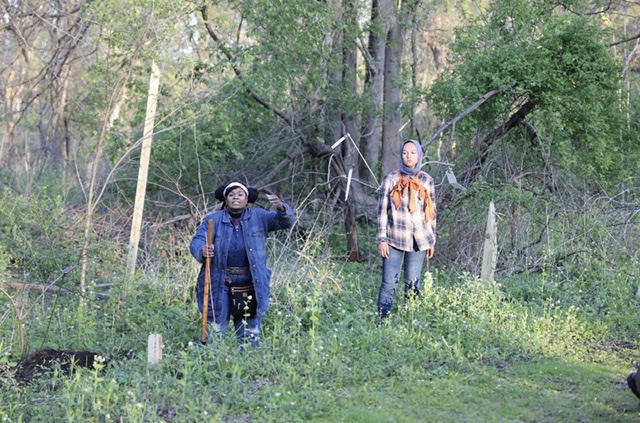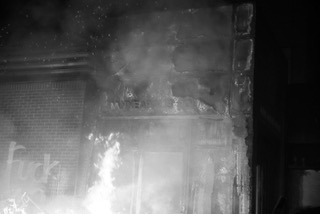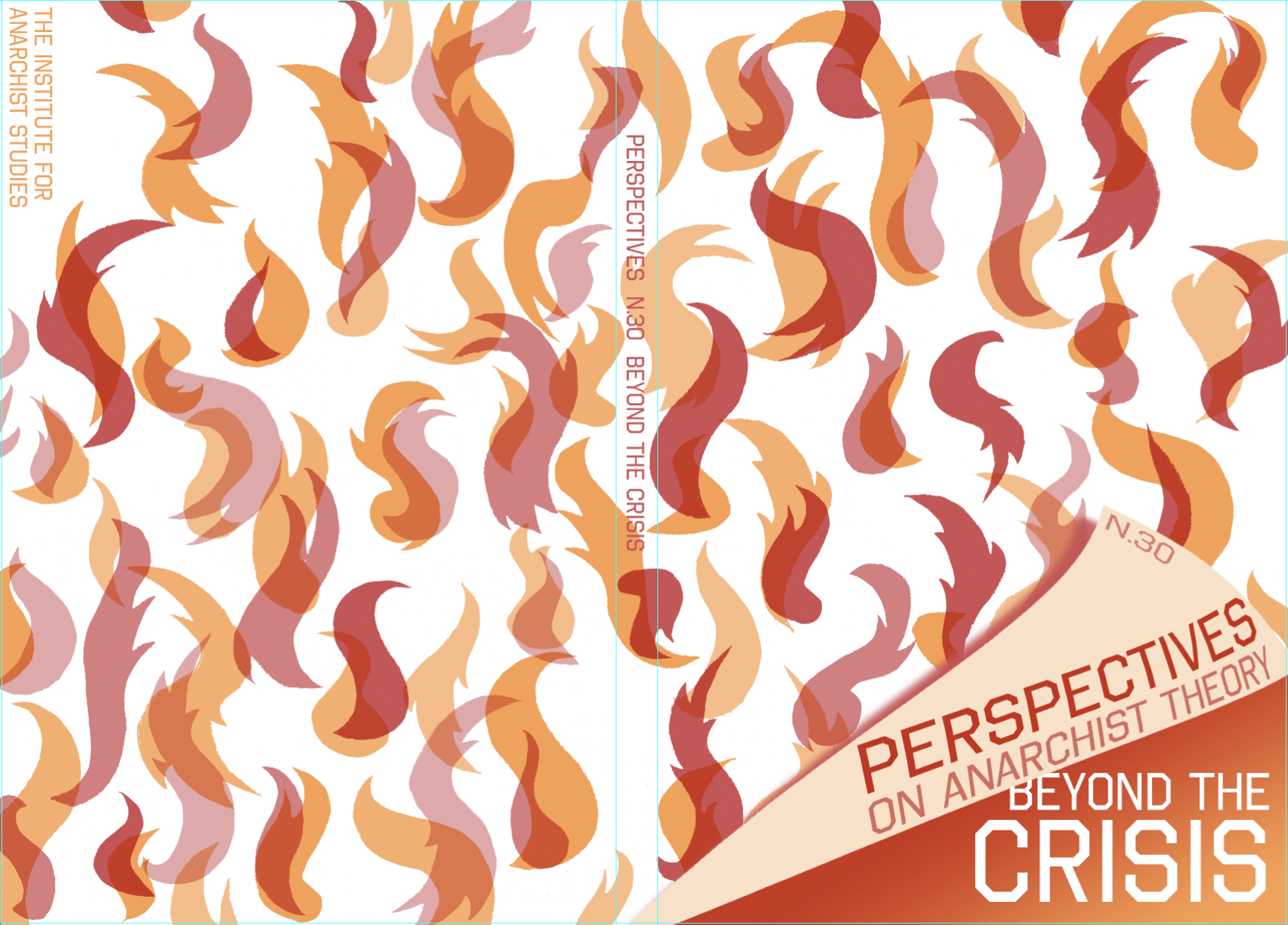Collective Care & Sustaining Social Change: Interview with Helia Rasti and Ashanti Alston
This interview is with social movement veterans who have sacrificed much, and learned a great deal, in trying to change the world. Each in their own way have gained valuable insights into the personal, interpersonal, and structural dynamics at play when confronting established power and … Read more



